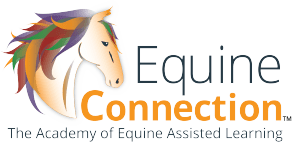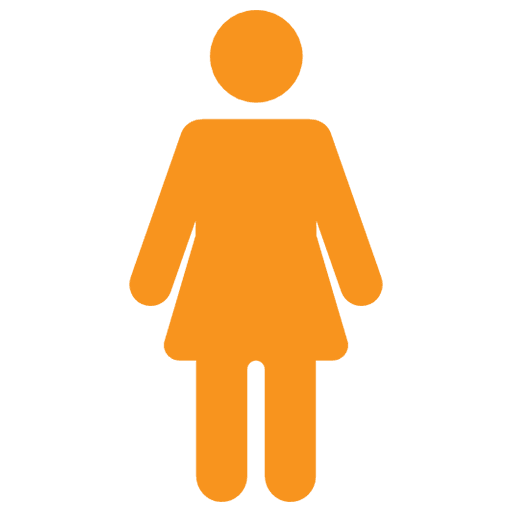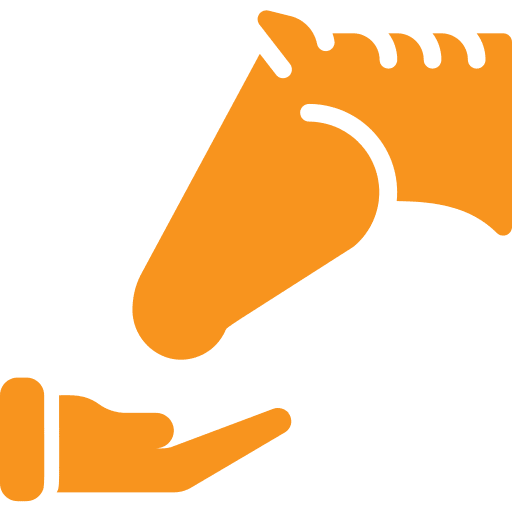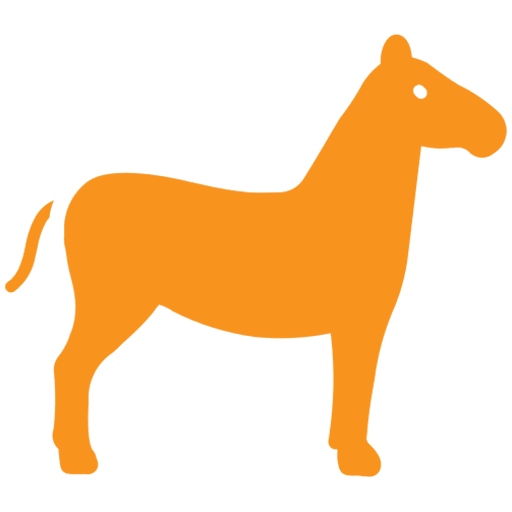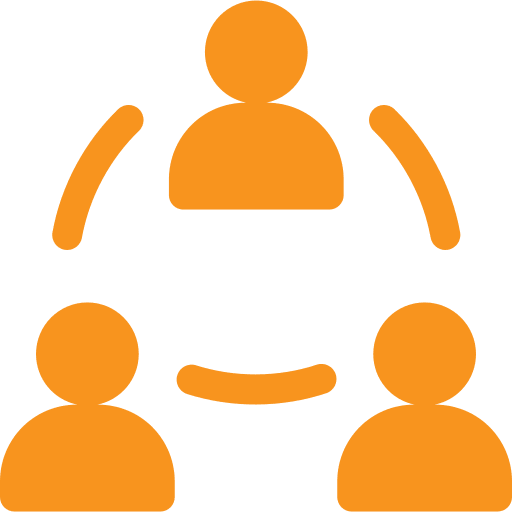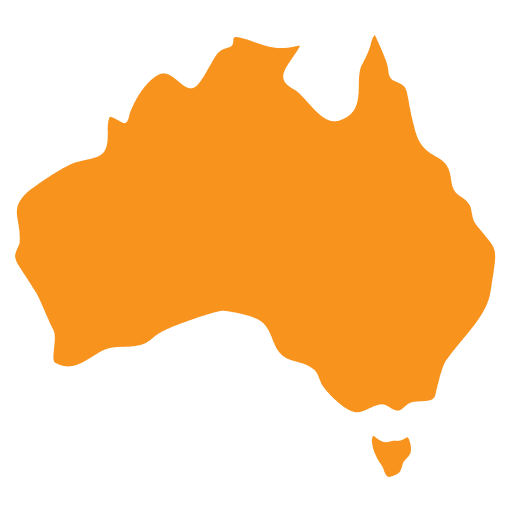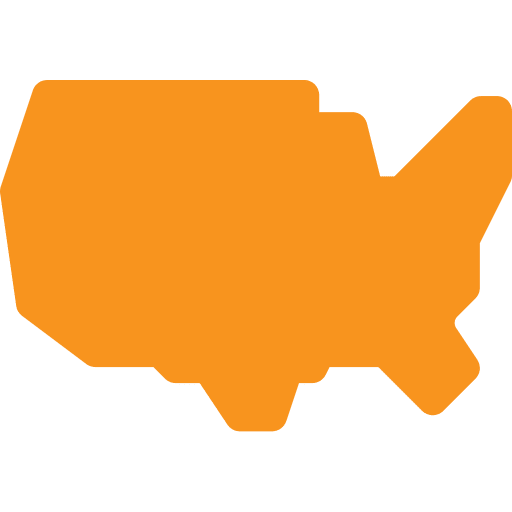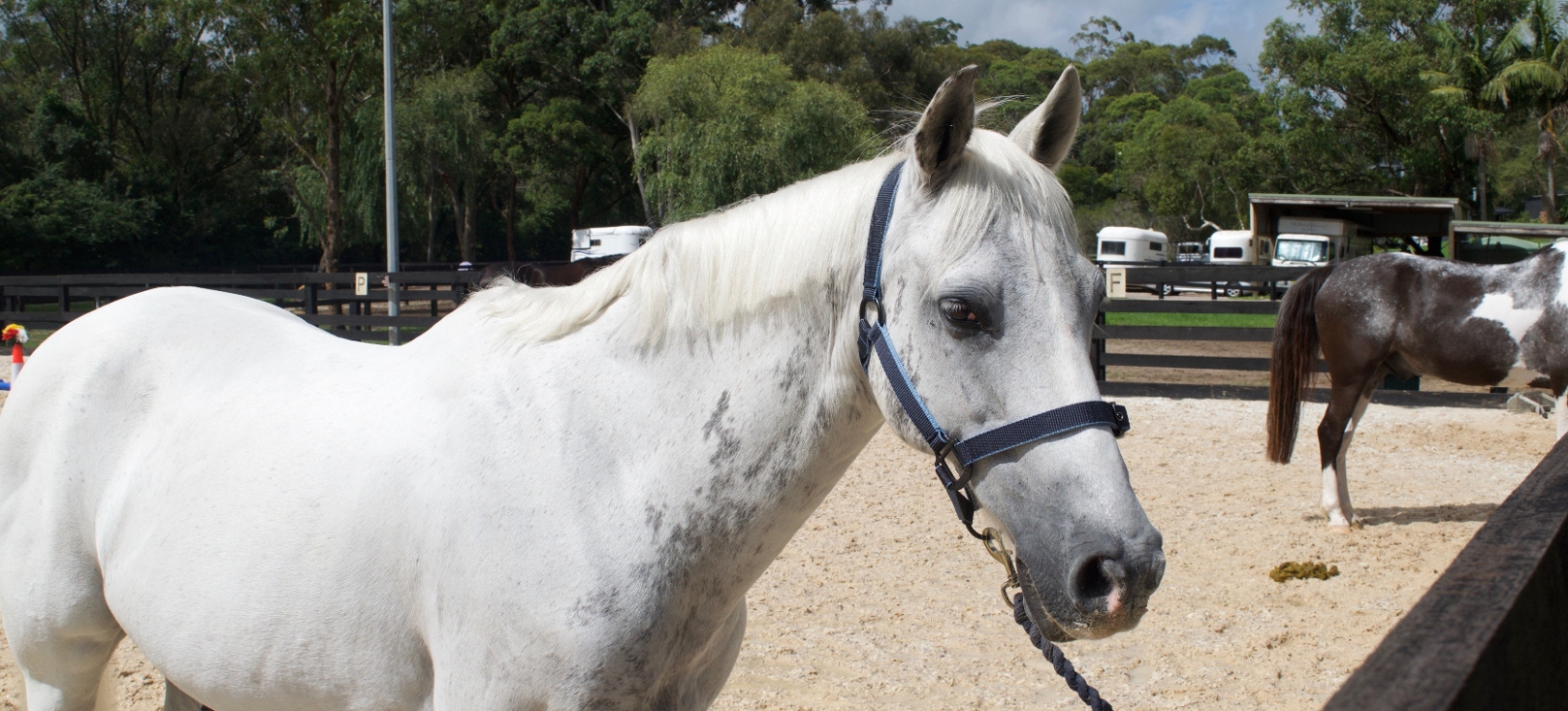Join Equine Connection's FREE "Email Newsletter" Made For Horse Lovers & Equine Business Alike….
How Does Mindset & Connection Play a Role In Horse Welfare?
We had the great honour of chatting with Jane Pike, from Confident Rider, a global figure in transformational horsemanship, helping horse riders, as well as non-horse riders get their head in the right space to do what they want to do with their horses. Jane focuses on the essential piece of really looking to ourselves first when it comes to being able to be reliable and consistent partners to our horses, making it not only important, but instrumental!
What does it mean to have a partnership with your horse?
Sometimes we’re so afraid of the unknown, of uncertainty, and lack of reliability. And more often than not, that’s what stops a lot of us from creating our own way or creating our own path in any sense with our horses, professionally and personally, because we feel like we don’t have that certainty, and the outcome will be potentially negative. And this in many ways can affect our partnership with our horses.
The first element of partnership is where you both have a voice and both voices should be heard. As part of that process, recognize that you have to look to yourself first. That in order to be able to offer your horse a fair deal where they are reliable, where they’re able to be worthy of trust, and where they’re consistent in what it is that they are. So there’s clarity there, in knowing that we have to do the work on ourselves first. And most of that comes through developing a process, being able to recognize how it is you feel being connected to yourself. That’s the part of how you operate, and then ensuring that what it is that you think, how it is that you feel, and what it is you project, in terms of what you’re asking your horse is in alignment. And so at the end of the day, really, your relationship with your horse is a representation of your relationship with yourself. If you’re lacking patience, if you’re getting angry, then chances are it’s happening everywhere. So it’s like a magnifying glass that we look through. If you needed go into battle, your horse, he would be there right with you. And it would be okay. That’s the kind of feeling to strive for in your partnership.
What is mindset and emotional agility?
Mindset is the mental framework that you’re operating from, and emotional agility is your ability to turn up the volume on your emotions, and have your horse come down and move in the opposite direction in response to your environment, not in reaction to your environment. Sometimes your horse might present a really big energy to you. And what’s required of you is to turn up the volume on your energy, and not that mean, more aggressive, violent energy, but just a bigger and more emphatic and more assertive, more intentional energy. And that is a demonstration of your emotional agility. You can start at this neutral point, but if you’re required to be bigger and more assertive and take up more space, you can. And if you need to be smaller and tone the energy down, you can as well, and neither of those things are personal. Neither of those things mean that you’re more of this or less of that. It just means that you can do this if it’s required, and your horse can do that if it’s required, and that’s your that’s the emotional agility.
How does the welfare of the horse, play into your training?
There are two different approaches people take when working with their horses, there’s the scientific approach, and then there’s the heart approach. But if you’re purely factual, then you leave out the heart. And then you miss the artistry and the beauty because that’s really important as well. And then if you’re only on the other side, where you’re just about the meaning and love, and what does that bring me? Then you miss really important aspects such as biomechanics, and the way that we learn and the way that we think so you need both of the pieces together.
And even when we’re working with our horses, if we only look at the one side of the coin or only at the other side, that’s not authentic, because our brains want both things in there. So we have to be authentic with working with our horses to bring that balance piece in.
The most important part of horse welfare when it comes down to it is, responsibility. Self-responsibility to understand that in a training situation, we have a responsibility to be clear, we have a responsibility to be reliable, so that we are consistent from one day to the next. If you are working with your horse, that they know what to expect from you, and you can build from that base. And we can only do that when we are clear about ourselves, when we are actually conscious of what it is that we’re presenting. If you aren’t doing the work on yourself, if you don’t understand how your thoughts are influencing your actions and your outcomes, if you don’t recognize that you are in charge of your mood state, then you’re bringing a whole lot of baggage to your horse. And chances are that’s going to impact them negatively. Whether you’re intentionally meaning to or not. Not understanding how to be clear, to be kind, to be reliable, is what creates stress and tension and that feeling or lack of safety feeling in our horses, which of course is what they ultimately crave. Be mindful of that fact that you have that responsibility to them to make it pleasurable and safe and to consider them equally in the equation.
We need to empower ourselves to learn as much as possible about the psychology of horses to be able to recognize what something means and ultimately to not take it personally, because that’s where we all go so wrong at times. And that’s where we go down the rabbit hole of unhelpful thinking.
JOIN EQUINE CONNECTION'S FREE Email Newsletter
MADE FOR HORSE LOVERS & EQUINE BUSINESSES ALIKE….
Join our community of 118,000+ Life Changers forging their own paths with horses - whether for business or pleasure.
You'll Receive Weekly Emails Designed to Transform Your Relationship With Your Horse, Elevate Your Equine Business & So Much More!
